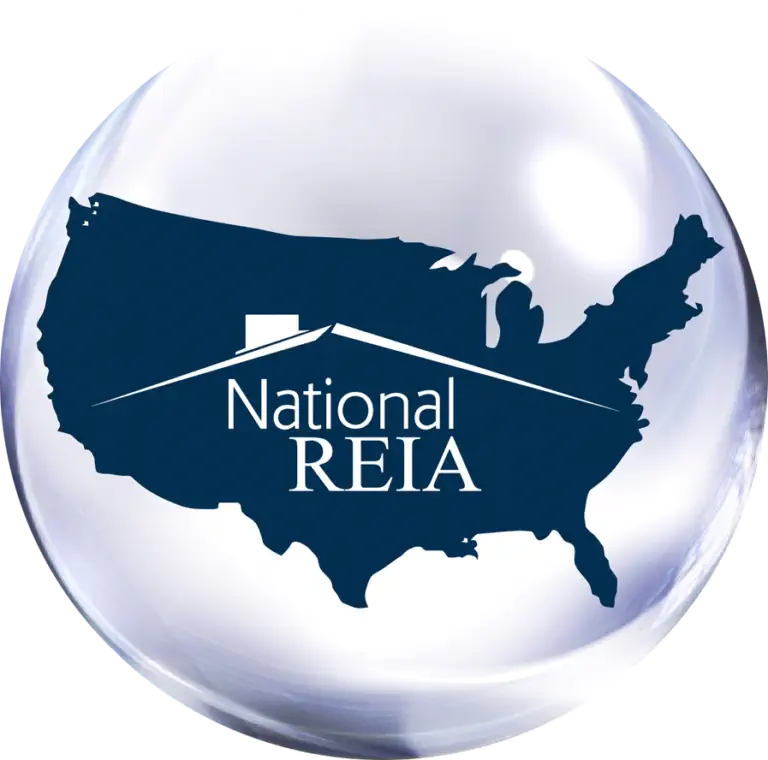In a recent video, seasoned real estate investor and educator John Burley breaks down the three essential niches in real estate investing. These niches are crucial for anyone, especially new investors, to understand and master in order to navigate the complex world of real estate effectively. And for those who will not watch a video . . . we took notes!
John Burley’s Video “The 3 Niches of Real Estate Investing”
1. Quick Cash: The Fast-Paced Niche
The Quick Cash niche is all about generating immediate income from real estate deals. This approach involves controlling or owning a property for a short period and then selling it for a profit. Quick Cash strategies include:
- Assignments: Flipping the contract to another buyer without actually taking ownership of the property.
- Novation: Partnering with a seller to rehab and sell a property, with profits shared.
- Renovations/Rehabs: Purchasing a distressed property, fixing it up, and selling it for a higher price.
- Wholesale: Buying properties at a discount and selling them quickly to another investor.
The primary advantage of the Quick Cash niche is, as the name suggests, the ability to generate cash quickly. However, it comes with significant market risk, especially in volatile times. Investors who don’t pay attention to market cycles can find themselves in trouble if the market shifts suddenly. Quick Cash strategies also require a steady flow of deals and access to capital, which can be challenging to maintain consistently.
While Quick Cash can be an exciting and profitable niche, it’s not a path to long-term financial freedom. It’s essentially a job—one that can be lucrative, but also demanding and dependent on market conditions. This niche is great for generating initial capital, but it’s not where I focus most of my efforts today. Instead, I’ve transitioned towards strategies that build wealth over time, which leads us to the next niche.
2. Buy and Hold: The Classic Wealth Builder
Buy and Hold is the long-term, tried-and-true method of building wealth through real estate. The concept is simple: purchase properties, hold onto them for an extended period, and let the value appreciate while you generate rental income. This niche is often seen as less glamorous compared to the Quick Cash strategies, but it’s a proven path to financial stability.
Here’s how Buy and Hold works:
- Purchase Properties: Ideally, you buy properties at a good price, often below market value.
- Generate Rental Income: The property is rented out, providing a steady stream of income.
- Appreciation and Mortgage Paydown: Over time, the property appreciates in value, and the mortgage is paid down, increasing your equity.
- Long-Term Wealth: After 10, 20, or 30 years, you can have multiple properties that are fully paid off, providing significant cash flow.
This strategy is not without its challenges. You need to carefully analyze your numbers, considering not just the mortgage payments but also property management, maintenance, and other expenses. A common mistake is underestimating these costs, leading to thinner profit margins than expected. A good rule of thumb is to allocate 25% of your gross rental income to expenses for a Class B property, with an additional 8-10% for property management.
One of the big advantages of Buy and Hold is that it removes a lot of the market risk associated with Quick Cash strategies. If the market goes down, you simply don’t sell—you hold onto the property until the market recovers. This long-term approach is less susceptible to market fluctuations and provides more stability.
3. Owner Financing: The Burley Model
The third niche, and the one I focus on the most, is Owner Financing. This strategy involves acquiring properties and then selling them to buyers who may not qualify for traditional financing, by providing them with a loan directly. It’s a win-win situation: the buyer gets the opportunity to own a home, and you generate higher income and less hassle compared to renting.
Here’s how Owner Financing works:
- Acquire Properties Below Market Value: As with the Buy and Hold strategy, the goal is to purchase properties at a discount.
- Sell with Owner Financing: Instead of renting the property, you sell it to the buyer with financing provided by you. This often allows you to charge a premium price.
- Generate Higher Income: Buyers are typically willing to pay more for the opportunity to own, which means higher monthly payments than what you’d receive from rent.
- Reduced Expenses: Since the buyer is now the owner, many of the expenses typically associated with rental properties (maintenance, repairs, etc.) are reduced or eliminated.
This strategy is particularly effective in today’s market, where traditional lending standards have become more stringent, leaving many potential buyers unable to secure a mortgage. By offering owner financing, you tap into a market of motivated buyers who are eager to own but can’t navigate the complexities of the traditional mortgage process.
Moreover, owner financing creates a stable, long-term cash flow. With terms ranging from 10 to 30 years, you lock in a predictable income stream that’s often more lucrative than rental income, without the headaches of property management. This niche has been a cornerstone of my investment strategy and continues to be a reliable source of income.
Choosing Your Niche
Each of these niches has its own set of pros and cons, and the right choice depends on your goals as an investor. If you’re looking to generate immediate income and have the stomach for market risk, Quick Cash might be the right fit. If your goal is long-term wealth and stability, Buy and Hold is a solid choice. And if you want to maximize cash flow while minimizing management hassles, Owner Financing could be the ideal strategy.
The key is to understand what you want from your real estate investments and align your strategy with those goals. For me, the ultimate goal has always been financial freedom—having a steady, reliable income stream that allows me to live life on my terms. That’s why I’ve focused on Owner Financing, but there’s value in all three niches depending on where you are in your investment journey.
Want to learn more? Remember John Burley will be speaking at the MAREI meeting on Tuesday September 10th about how his model works and then teaching an all day, live and in person class on the 14th of September. Get all the details and reserve your seats on the MAREI Calendar of events. The meeting is FREE to all MAREI members and 1st time Guests and we have some special pricing on the all day workshop.


